Creative for the planet
How creative are you when reusing items people are throwing away. Are you ready to learn how to recycle your item to create something new?
For this activity you will need:
- All kinds of material and tools
There are all kinds of materials and objects that are put into recycling that can be re-used. Learn how to turn them into something useful such as, PET-bottles being formed into a lamp (you can Google it to see some of them).
What great ideas do you have about using different objects that are normally being thrown out? Challenge Scouts to build a new object (e.g. for decoration, for a game, for an appliance, or anything else) by reusing materials.
The most creative and eco-friendly wins a prize.
Finally, share your work with us!
Take pictures of the material before you create something new with it and after you are done reusing it, and share it on social media with #JOTAJOTI
Make sure to properly wash any material you are reusing!
Some ideas
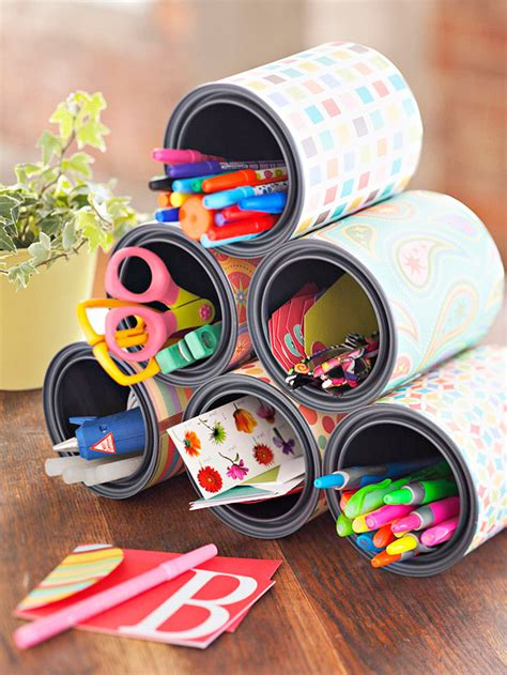
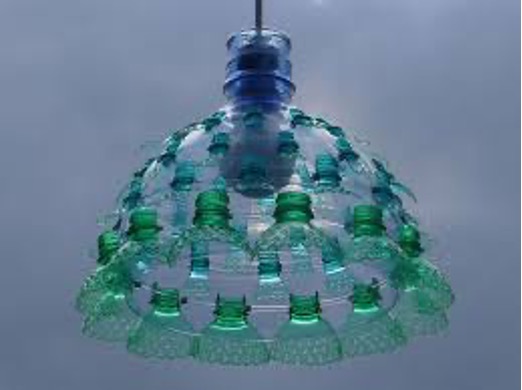
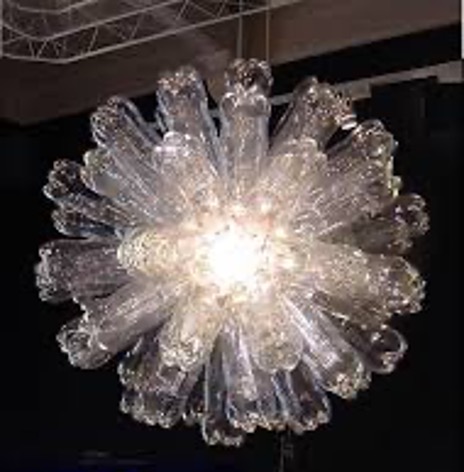
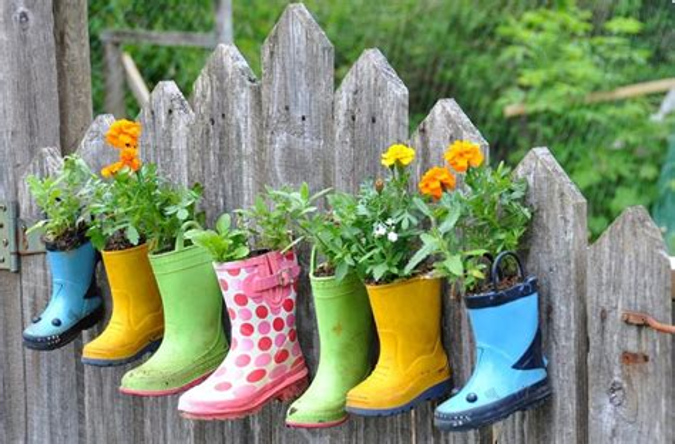
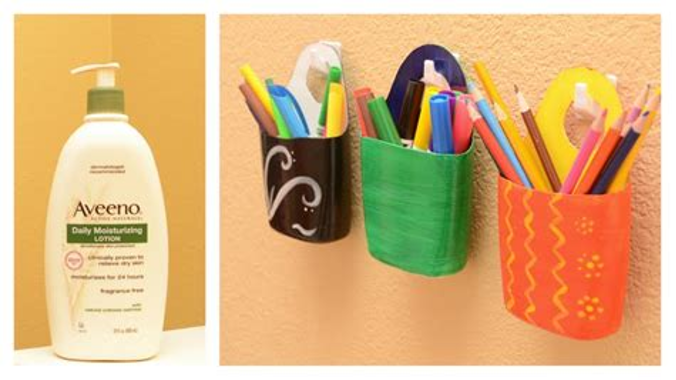
Have you ever heard the three Rs? Reduce, Reuse and Recycle are 3 main actions that we can work on to take care of our environment.
Reduce
"Reduce" means using fewer resources in the first place. This is the most effective of the three Rs and the place to begin. When you shop, shop differently. Look for things that will last, things that are not just durable but useful and beautiful enough to please you for a long time. A disadvantage might be that these kinds of products are more expensive. However, the extra money you might spend on the purchase will be offset by the money you do not spend replacing it.
- Reduce paper: Always use both sides of the paper for writing, drawing and printing - we need to save our trees!
- Reduce plastic bottles: Fill a reusable bottle with water each day.
- Reduce plastic bags. Take your own bag to the shop.
Reuse
Before you recycle or dispose of anything, consider whether it has life left in it. A jam jar can store leftovers. Food scraps can become compost. An old shirt can become a pyjama top. An opened envelope can become a shopping list. A magazine can be shared. DVDs can be traded. A dishwasher can be repaired. A cell phone can be donated. Returnable bottles can be, well...returned. Reusing keeps new resources from being used for a while longer, and old resources from entering the waste stream.
- Don't throw away plastic bags. Keep them and use them again.
- Don't put old clothes and toys in the bin. Give them to people in need.
- Don't throw away coloured paper from presents. Be careful opening the present and use the paper again!
Recycle
Recycling is the "R" that has caught on the best. Recycle means to sort and collect rubbish in order to treat it and produce useful materials that can be used again. Recycling is different from reuse, where a product (or parts of a product) are used again without separating it into raw materials.
Some advantage of recycling are:
- Fewer new raw materials are needed, which means, for example, that fewer trees have to be cut down for paper, or less petroleum is needed for the production of plastic.
- Less agricultural land is needed for the production of wood or cotton, for example, so that more land remains available for food production.
- Greenhouse gas emissions are falling because reusing materials costs less energy than producing them new.
Although, a disadvantage is the export of non-recyclable plastic material (such as multi-layer material that also contains other components in addition to plastic) to countries where the regulations regarding recycling are less strict; the material is landfilled or dumped with negative consequences for the environment and public health.
This is why, although recycling in general is convenient for the environment, it is important to reduce and reuse as well.
Challenge Code